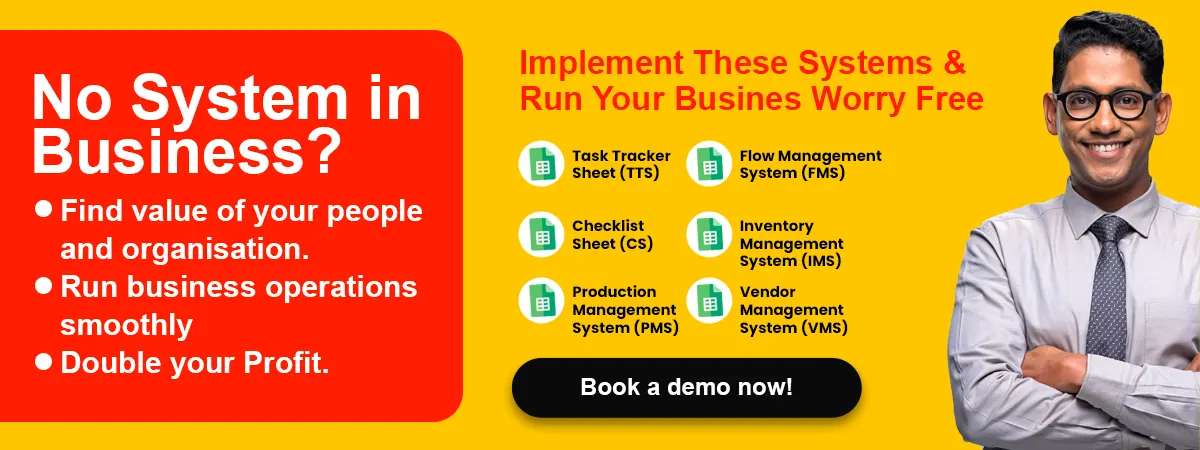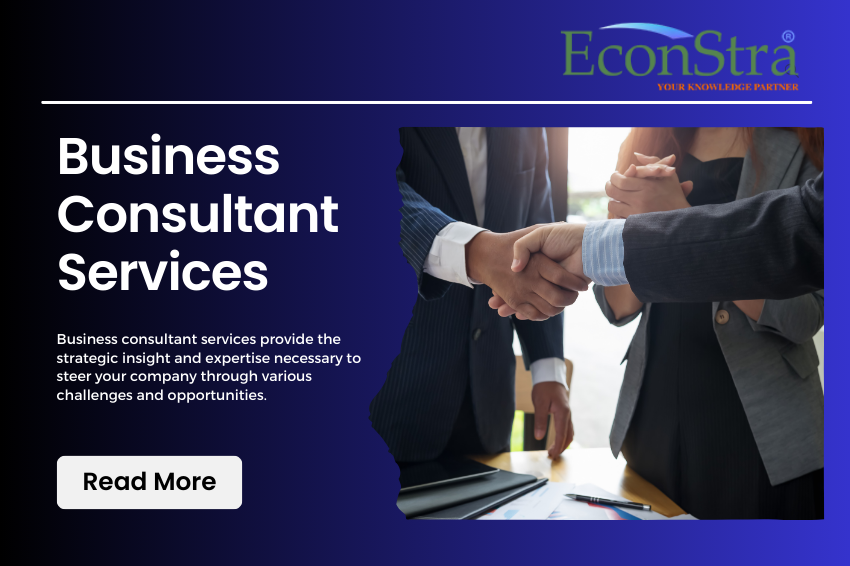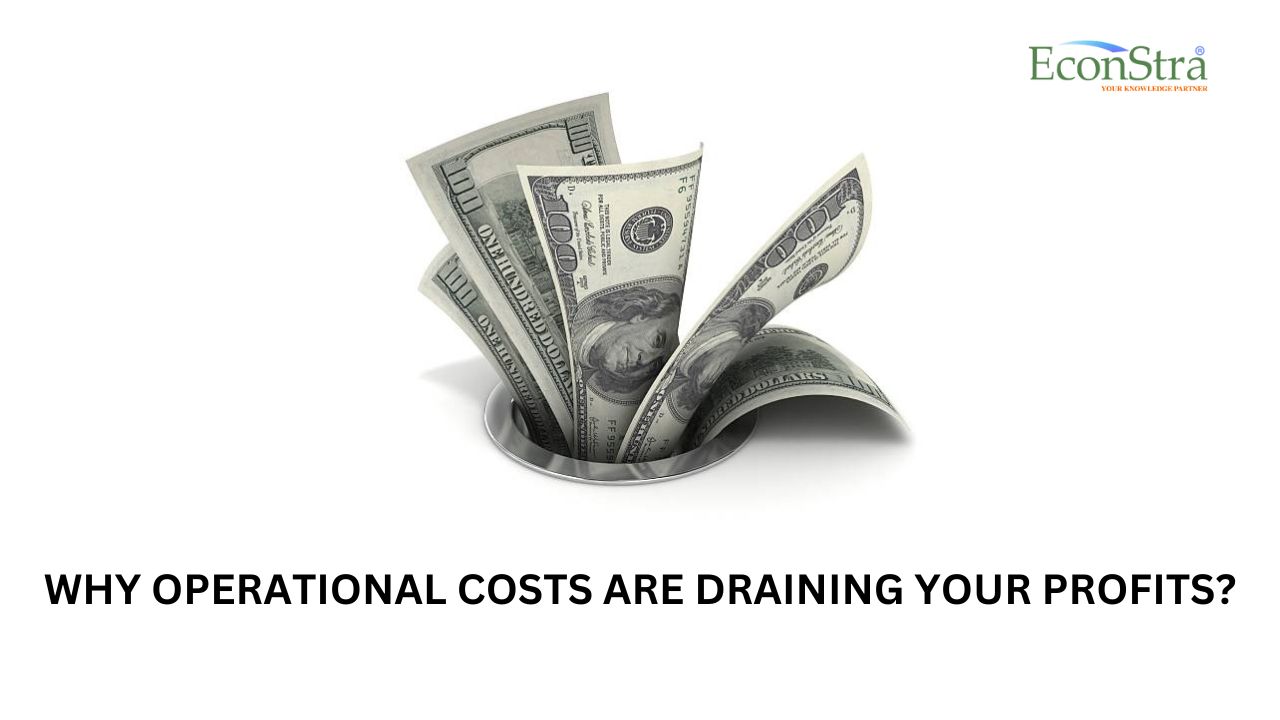by Subhadeep Chowdhury
Share

In the fast-paced world of business management, staying ahead of the curve is essential for success. As technology continues to evolve, so do the tools and strategies businesses employ to streamline their operations. One such revolutionary development is the rise of Software as a Service (SaaS) solutions. The “Future of SaaS in Business Management” is a topic that has garnered significant attention in recent years and for a good reason.
SaaS has transformed the way businesses handle their management needs. From customer relationship management (CRM) to project management, SaaS applications have proven to be invaluable in enhancing efficiency, scalability, and accessibility.
Today, here, in this blog post, we will explore the trajectory of SaaS in management and why embracing SaaS solutions is crucial for modern businesses looking to thrive in a rapidly changing landscape.
So, let’s get started!
The Evolution of SaaS in Business Management
The journey of SaaS in business management began with humble roots, primarily focused on simple applications like email and office productivity tools. However, as technology evolved and internet connectivity became ubiquitous, SaaS solutions expanded their scope and capabilities.
Today, SaaS encompasses a wide range of applications designed to cater to the diverse needs of businesses across various industries.
Streamlined Operations:
The Future of SaaS in Management is characterized by its ability to streamline various operational aspects of a business. Traditional management software often required significant upfront investments, complex installations, and maintenance. With SaaS, all of these challenges are mitigated. Businesses can subscribe to SaaS solutions, which are typically cloud-based, and access them instantly via the internet. This eliminates the need for costly infrastructure and ongoing maintenance, reducing operational overhead significantly.
Moreover, SaaS applications are designed to be user-friendly, making them accessible to employees across different departments. This accessibility fosters collaboration and ensures that everyone in the organization can utilize the tools effectively, further enhancing productivity.
Also, read our article on Management Information Systems (MIS) which also helps business management.
Scalability and Flexibility:
The scalability of SaaS solutions is another reason why they are considered the future of management. Businesses can easily scale their usage of SaaS applications based on their needs. Whether you are a small startup or a large enterprise, SaaS providers offer various subscription plans, allowing you to tailor your software usage to match your business size and requirements.
Additionally, SaaS applications are often modular, enabling businesses to add or remove features as needed. This flexibility ensures that organizations can adapt quickly to changing market conditions and evolving business strategies.
Also, read our article on Embracing Automation In Business Management Systems
Enhanced Accessibility:
One of the standout features of SaaS is its accessibility. In the past, traditional management software was tied to specific hardware and locations, making it challenging for remote and global teams to collaborate effectively. SaaS, on the other hand, is accessible from anywhere with an internet connection.
This accessibility has become especially critical in recent times, as the COVID-19 pandemic has accelerated the shift towards remote work. SaaS solutions enable businesses to manage their operations seamlessly, regardless of where their employees are located. This not only improves efficiency but also enhances the work-life balance of employees, leading to higher job satisfaction.
Read our article on Effective Solutions For Business Management Problems
Continuous Updates and Improvements:
The SaaS model also brings with it a continuous cycle of updates and improvements. Unlike traditional software, where updates may be infrequent and disruptive, SaaS providers regularly release updates that include new features, bug fixes, and security enhancements. This ensures that businesses always have access to the latest technology and are well-equipped to meet evolving challenges.
Moreover, SaaS providers often gather feedback from their user base, allowing them to tailor their offerings to better meet customer needs. This customer-centric approach makes SaaS applications more agile and responsive to the ever-changing business environment.
Embracing SaaS for Modern Business Management
As we delve into the future of SaaS in management, it’s clear that the advantages of adopting SaaS solutions are abundant. Here are some key reasons why businesses should embrace SaaS for modern management:
-
Cost-Efficiency:
SaaS solutions revolutionize cost-efficiency for businesses of all sizes. Traditional software procurement often requires substantial upfront investments in licenses, hardware, and IT infrastructure. In contrast, SaaS operates on a subscription model, allowing businesses to pay only for what they use, typically on a monthly or annual basis. This shift significantly reduces initial capital expenditure, making advanced software tools accessible even to startups and small enterprises with limited budgets.
Furthermore, the cost savings extend beyond the initial investment. SaaS providers handle software maintenance, updates, and support, relieving businesses of the burden of IT maintenance. This not only saves money but also frees up valuable IT resources to focus on strategic initiatives rather than routine upkeep.
-
Improved Collaboration:
SaaS applications are purpose-built to foster collaboration in modern workplaces. They empower teams to work cohesively, irrespective of geographical constraints. Real-time document editing, project management tools, and integrated communication platforms are hallmarks of SaaS solutions that enhance teamwork and productivity.
With these collaborative features, team members can work on the same documents simultaneously, exchange feedback effortlessly, and track project progress in real time. This level of interactivity and transparency not only accelerates task completion but also encourages creativity and innovation within teams. SaaS brings remote and distributed teams closer, creating a dynamic and efficient work environment.
-
Data Security and Compliance:
SaaS providers prioritize data security and compliance, addressing critical concerns for businesses operating in the digital age. They invest heavily in robust security measures, including encryption, multi-factor authentication, and frequent security audits. These efforts ensure that sensitive business data remains safeguarded from potential cyber threats and unauthorized access.
Moreover, SaaS providers keep abreast of evolving industry regulations and standards, proactively implementing compliance measures. This commitment to data security and regulatory adherence gives businesses peace of mind, knowing that their operations are aligned with legal requirements and industry best practices. It’s a crucial foundation for building trust with customers and partners in an increasingly data-sensitive landscape.
-
Business Continuity:
Business continuity is paramount in today’s volatile world, and SaaS provides a reliable solution. With data and applications stored securely in the cloud, businesses can maintain operations even in the face of unexpected events like natural disasters, hardware failures, or disruptions to physical office spaces. Employees can access critical systems and data from any device with an internet connection, ensuring minimal downtime.
SaaS providers often have redundant data centers in different geographic locations, further enhancing resilience. This cloud-based approach offers a safety net for businesses, allowing them to continue serving customers and clients without disruptions, thereby preserving their reputation and revenue streams.
-
Competitive Advantage:
Embracing SaaS solutions gives businesses a decisive competitive advantage in a rapidly evolving marketplace. By adopting the latest technology and staying agile with their management tools, organizations can adapt swiftly to changing market dynamics. They can introduce new features, improve user experiences, and respond to customer feedback more efficiently compared to competitors relying on outdated software and systems.
Furthermore, SaaS enables businesses to remain cost-competitive by avoiding the hefty capital expenditures associated with traditional software. This allows them to allocate resources strategically, investing in areas that directly impact growth and customer satisfaction. As a result, businesses that embrace SaaS can outperform competitors, delivering superior products and services with greater agility.
-
Global Expansion:
For businesses with global ambitions, SaaS is an invaluable asset. It facilitates centralized management and coordination of operations across multiple locations and time zones, simplifying the complexities of international expansion. With SaaS-based solutions, organizations can ensure consistency in processes, data management, and communication throughout their global network.
Additionally, SaaS applications often support multiple languages and currencies, making it easier to cater to diverse markets. This flexibility enables businesses to adapt their strategies and offerings to meet the specific needs of different regions while maintaining a cohesive organizational structure. In essence, SaaS paves the way for seamless global expansion, allowing businesses to reach new markets and customers with ease.
NOTE:
In the dynamic landscape of modern business management, the pivotal role of Software as a Service (SaaS) solutions cannot be overstated. ECONSTRA stands at the forefront, offering not just business consultancy expertise but also cutting-edge SaaS solutions tailored for the evolving needs of enterprises. As businesses navigate through complexities, ECONSTRA emerges as a beacon, seamlessly integrating consultancy insights with its innovative SaaS offerings. ECONSTRA’s commitment to delivering scalable, intuitive, and adaptable solutions marks a transformative stride in the realm of business management. With their robust suite of SaaS tools, businesses can streamline operations, enhance productivity, and stay agile in an ever-changing market. ECONSTRA doesn’t just envision the future of SaaS in business management; it crafts it, ensuring that enterprises embrace the power of technology in propelling their success.
The Final Word On : Future of SaaS in Business Management
In conclusion, the “Future of SaaS in Management” is an exciting and transformative journey that promises to redefine the way businesses operate. The evolution of SaaS from simple office tools to comprehensive management solutions has brought about unparalleled advantages in terms of cost-efficiency, scalability, accessibility, and continuous innovation.
As the business landscape continues to evolve, embracing SaaS solutions is not just a choice; it’s a necessity. Modern businesses that harness the power of SaaS gain a competitive edge, improve collaboration, and ensure data security and compliance. SaaS is not merely a tool; it is a strategic enabler that propels businesses toward success in the ever-changing world of management.
In this era of digital transformation, those who recognize the potential of SaaS in management and adapt accordingly will be the ones to thrive and lead in their respective industries. So, seize the opportunity, embrace the future of SaaS in management, and take your business to new heights of efficiency and success.
STAY IN THE LOOP
Subscribe to our free newsletter.
Business consultant services provide the strategic insight and expertise necessary to steer your company through various challenges and opportunities. These professionals play a crucial role in helping businesses identify growth opportunities, optimize operations, and achieve long-term success. Understanding the Role of a Business Consultant A business consultant acts as an external advisor who brings a […]
In today’s competitive business landscape, companies are constantly seeking ways to reduce operational costs while maintaining or improving efficiency and customer satisfaction. Customer Relationship Management (CRM) systems have emerged as vital tools that enable businesses to achieve these goals. As a leading business consultancy, Econstra understands the importance of leveraging CRM technology to streamline operations, […]
Why Operational Costs Are Draining Your Profits? Operational costs are a critical aspect of running a successful business, but when not managed properly, they can drain your profits and stifle growth. In a competitive market, maintaining profitability requires keen oversight of expenses and strategic planning. Econstra, as a leading business consultancy, provides insights and strategies […]
In the rapidly advancing digital landscape, Artificial Intelligence (AI) tools have emerged as transformative assets for businesses. Their potential to enhance efficiency, streamline operations, and drive innovation makes them invaluable for business consultants and organizations worldwide. For business consultants in India, AI’s strategic application can be particularly advantageous in navigating a diverse and dynamic market. […]





